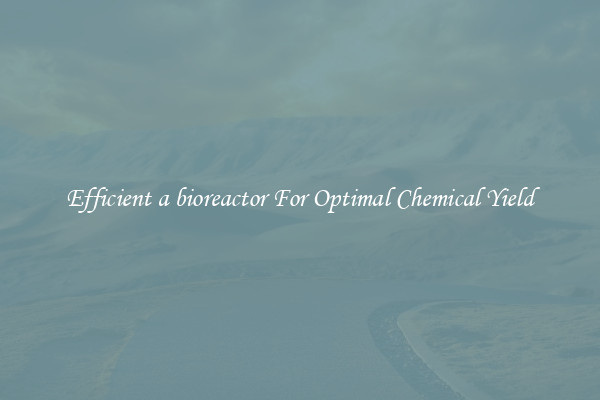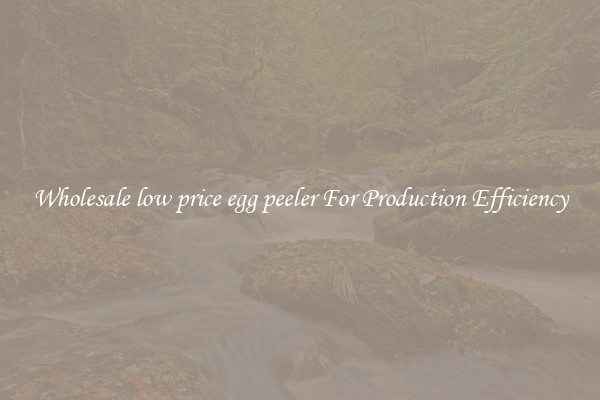Efficient a bioreactor For Optimal Chemical Yield
Efficient Bioreactors for Optimal Chemical Yield

Bioreactors have proven to be invaluable tools in the field of chemical production, enabling optimal yields and reducing the overall costs. These innovative devices provide an environment where living organisms, such as bacteria or yeast, can efficiently transform raw materials into valuable chemicals or bioproducts. With advances in bioreactor technology, it is now possible to achieve higher yields and improved efficiency, leading to significant benefits for various industries.
One crucial factor in obtaining optimal chemical yield is the design of the bioreactor. The ideal bioreactor design includes a number of key features. For instance, a well-designed bioreactor should provide an optimal growth environment for the microorganisms involved, ensuring that they can reproduce and perform chemical reactions efficiently. This can be achieved through the control of various environmental parameters such as temperature, pH, dissolved oxygen, and agitation speed.
Efficient mixing is also vital for optimal yield. Proper mixing ensures that all microorganisms in the bioreactor are exposed to the necessary nutrients and reactants, preventing any localized areas of nutrient deprivation or inadequate reaction rates. This can be achieved through the use of suitable impellers or paddle arrangements, which facilitate efficient mixing of the medium.
Moreover, bioreactor design should also focus on maximizing the transfer of oxygen to the microorganisms. Oxygen plays a critical role in various metabolic processes, and an insufficient supply can limit the productivity of the microorganisms. To overcome this limitation, bioreactors employ various mechanisms such as sparging air or oxygen into the medium or using specialized oxygen delivery systems integrated into the bioreactor design.
Another essential aspect to consider is the removal of waste products. Accumulation of toxic byproducts or waste compounds can have a detrimental effect on microorganism growth and chemical yield. Efficient bioreactors are equipped with mechanisms to continuously remove waste products while maintaining optimal growth conditions. This can be achieved by incorporating filtration systems or by periodically discharging a portion of the reactor contents and replenishing with fresh medium.
In addition to design considerations, optimal chemical yield can also be enhanced through the use of advanced control algorithms. Real-time monitoring of various parameters, such as biomass concentration or nutrient levels, allows for precise control of the bioreactor conditions. This facilitates faster reaction rates, reduced energy consumption, and overall enhanced productivity.
To conclude, efficient bioreactors play a crucial role in maximizing chemical yield and minimizing costs in various industries. Proper bioreactor design, including optimal growth conditions, efficient mixing, oxygen transfer, and waste product removal, is essential for achieving optimal chemical yield. Additionally, the implementation of advanced control algorithms further enhances the productivity and efficiency of bioreactor systems. As technology continues to advance, we can expect even more efficient bioreactors, leading to higher yields, reduced costs, and a sustainable future for chemical production.

View details

View details

View details

View details








